Toyota Chairman Akio Toyoda “sincerely” apologized Monday for the automaker’s role in a cheating scandal that has swept through the Japanese auto industry. The industry giant, along with Honda, Mazda and Suzuki have pleaded after a government investigation in their home market revealed they rigged emissions and safety tests. Production of some of the vehicles have been halted, as a result.
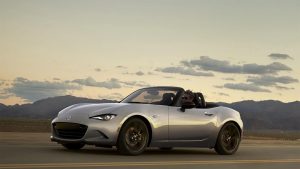
Production has been halted on some of the vehicles involved in the scandal, including the Japanese version of the Mazda MX-5 Miata.
Four Japanese automakers have been swept up in an investigation by the Japanese Ministry of Land, Infrastructure, Transport and Tourism that revealed they had rigged emissions and safety tests.
The latest findings followed an initial investigation looking into cheating by Daihatsu and Hino, both subsidiaries of Toyota. The expanded probe discovered problems with seven vehicles sold under the Toyota name, as well. And Honda, Mazda and Suzuki were also found to have cheated on testing.
“We sincerely apologize,” said Akio Toyoda, the Toyota chairman, as he bowed deeply during a news conference in Tokyo. “We mass produced and sold the car(s) without going through the proper certification procedures.”
What went wrong
The original investigation focused on Hino and Daihatsu, two small subsidiaries of Toyota. It subsequently ensnared the parent company, as well. The automaker did not make proper safety tests covering certain types of airbags, relying on preliminary data, rather than actual crash test results.
In Mazda’s case, it acknowledged using improper data covering both airbag crash test results involving vehicle images. In both instances, the automaker’s engineers took steps to ensure vehicles such as the MX-5 Miata appeared to comply with Japanese regulations when they actually fell short.
For its part, Honda rigged vehicle noise tests involving 22 models such as the little Fit, the Accord Hybrid and the Acura NSX.
Suzuki falsified data on a single model’s stopping distances. It adjusted the numbers rather than reporting actual test results.
Production halted
Many of the vehicles covered by the investigation are no longer in production. But automakers announced steps meant to address the issues involving those that continue to be produced.
Toyota, for one, said it has halted production and suspended shipping the three models it continues to roll out, the Corolla Fielder, Axio and Yaris Cross.
It did not indicate when they would resume assembly operations. But Toyoda promised that, going forward, The grandson of Toyota’s founder promised to fix such problems in the future, adding that, “We are not a perfect company. But if we see anything wrong, we will take a step back and keep trying to correct it.”
At Honda, meanwhile, some of the affected vehicles, including the Mazda6, are no longer in production. The automaker did announce that it was temporarily halting production of two others, including the MX-5 Miata.
More Safety News
- Hyundai Motor Group, Toyota and Mazda Dominate IIHS Safety Picks
- IIHS Tightens Requirements for Top Safety Picks
- Tesla Autopilot Has “Critical Safety Gap,” Says NHTSA
Problems reportedly limited to Japan
All of the products impacted by the probe appear to have been sold exclusively in Japan.
A spokesperson for Toyota’s U.S. sales arm told Headlight.News that all products sold in the States were subject to local testing procedures. There have been no reports that there were problems with U.S. tests.
In a statement, Mazda said, “We can confirm that the actions taken that resulted in the irregularities were due to incorrect interpretations of the testing procedures, and there was no deliberate intent to falsify test results. It is also our understanding that these activities were solely related to vehicles produced and sold in the Japanese market. Vehicles produced in Japan for the North American market are not affected as they have different regulatory testing requirements, which are all in compliance.”
Honda also noted that vehicles sold in the U.S. have been subject to different testing procedures.
Suzuki has not operated in the U.S. market since the 2013 model year.
Not the first time
This is by no means the only time automakers have been caught up in scandals involving rigged testing procedures. And some of those have impacted vehicles sold in the U.S.
The list of manufacturers caught up over the years includes the Hyundai Motor Group, Ford, Mazda, the former Fiat-Chrysler Automobiles and others who have either falsified tests or incorrectly interpreted the results impacting fuel economy, emissions, safety and other data.
The biggest scandal, however, involved Volkswagen which ultimately paid nearly $40 billion worldwide as a result of rigged diesel emissions tests.

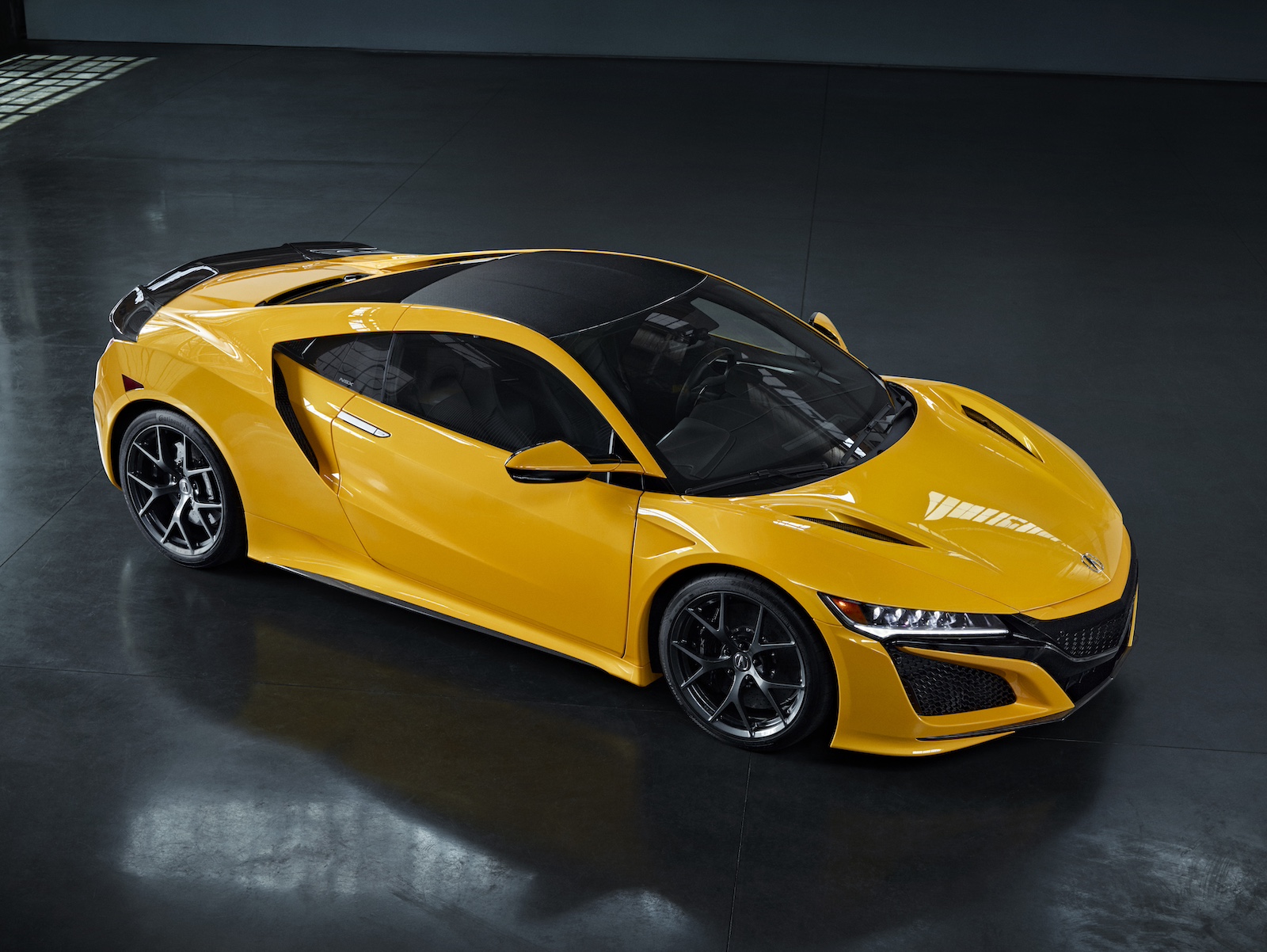

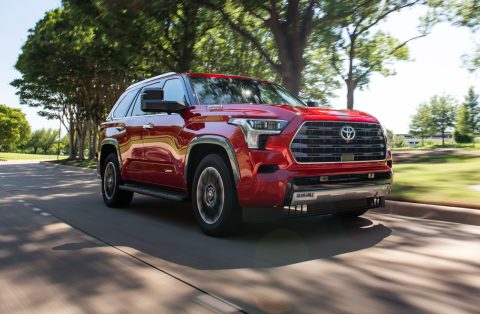
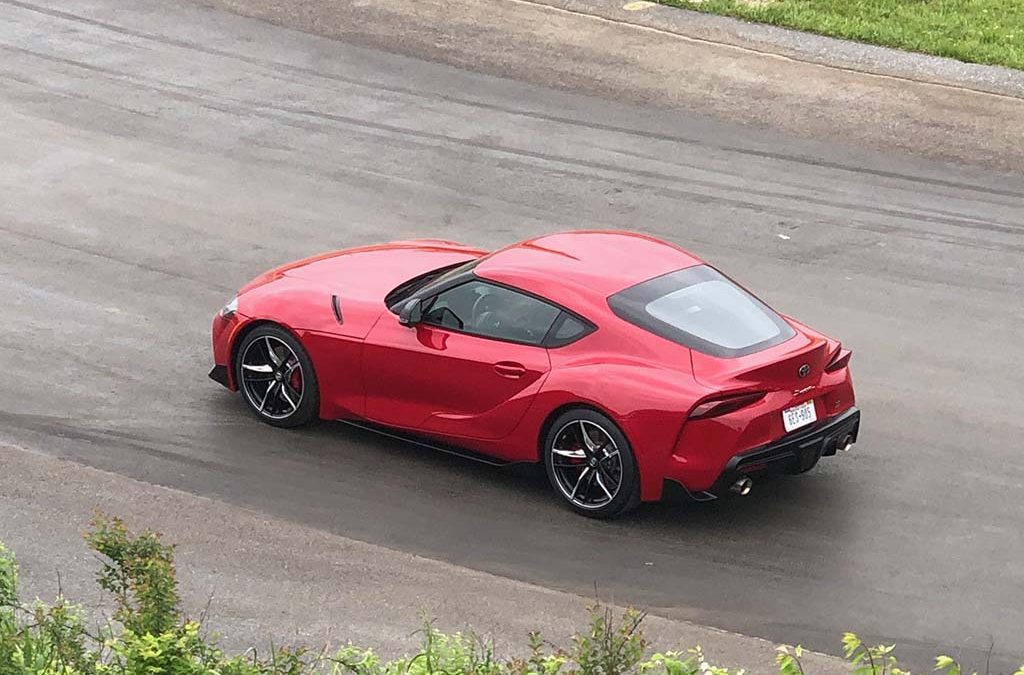

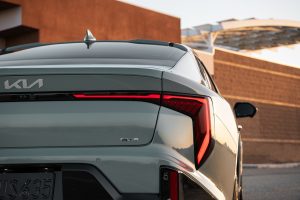
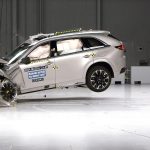
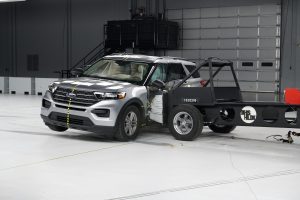
Is it going to cost them one sale in the US? NO! No one cares (except the reporter and a few pols in CA).
Tell me whether the production halts will impact availability.
Paul E.